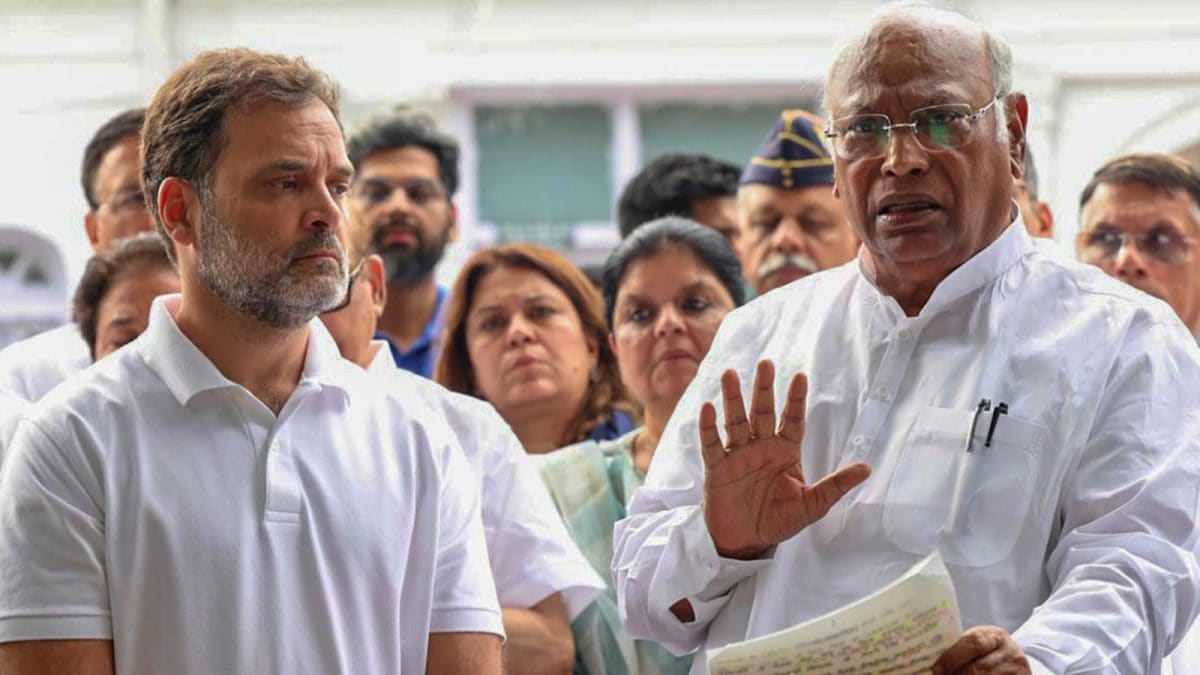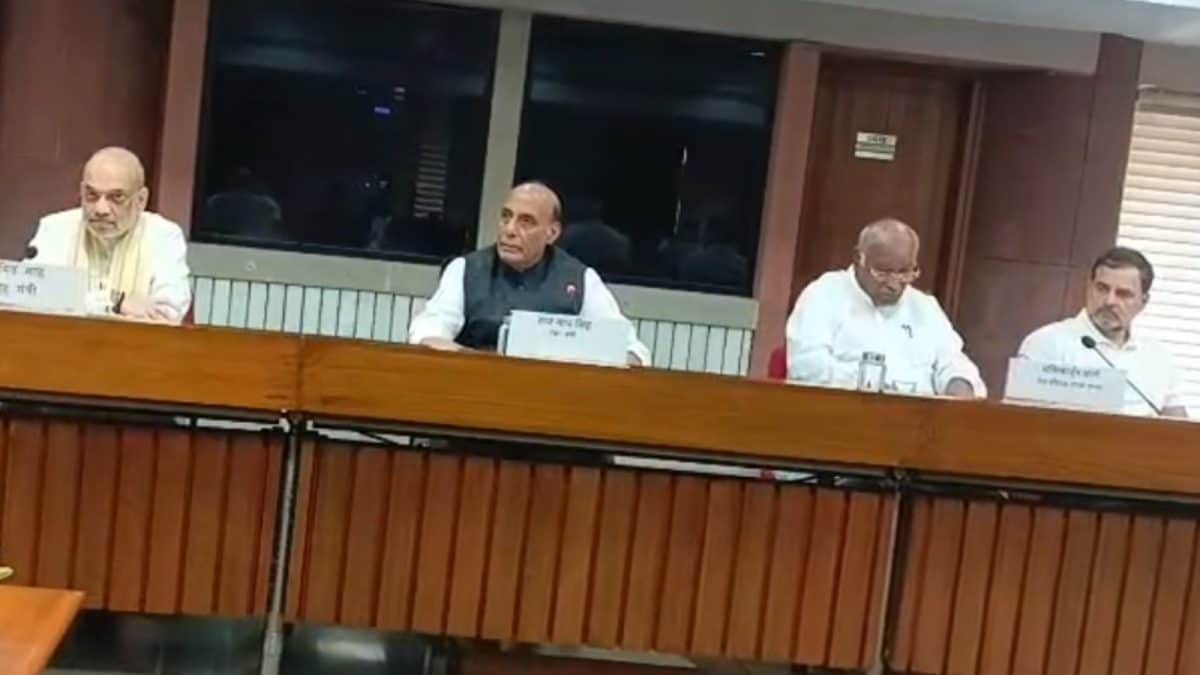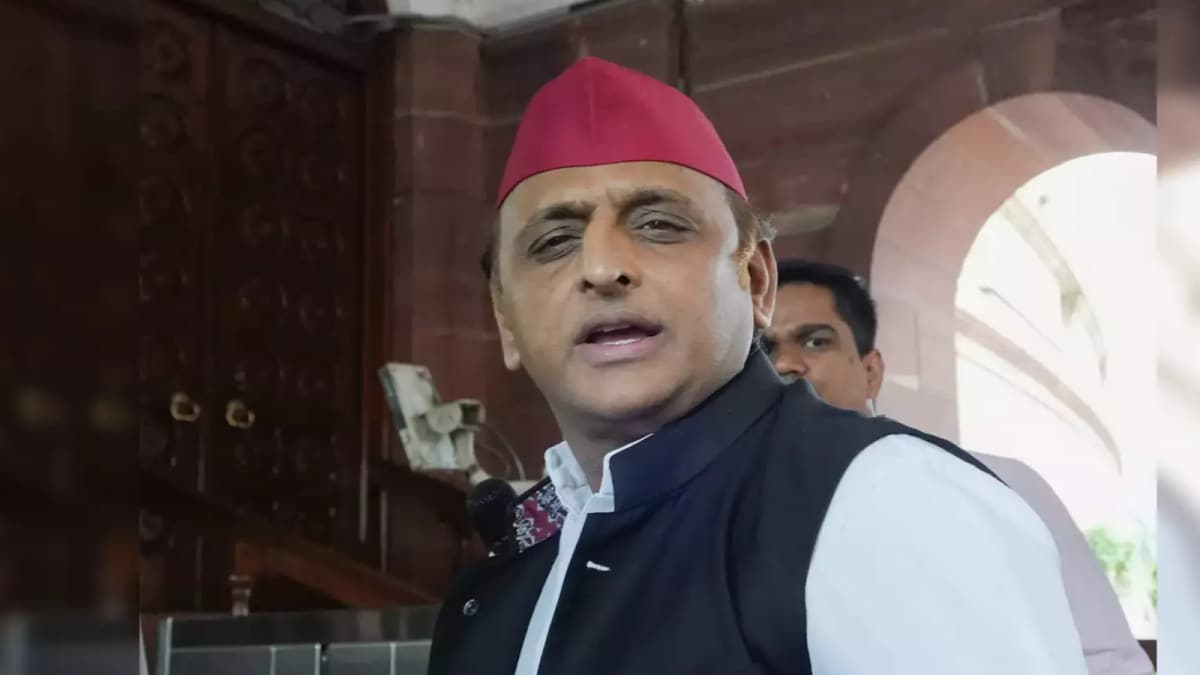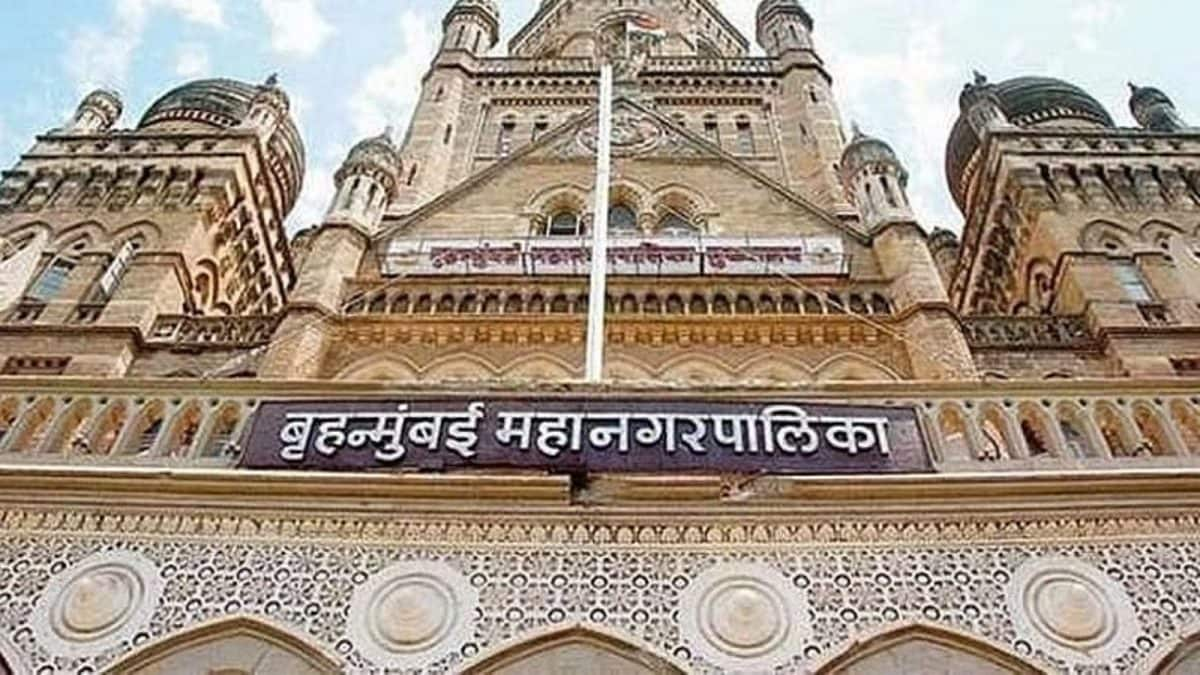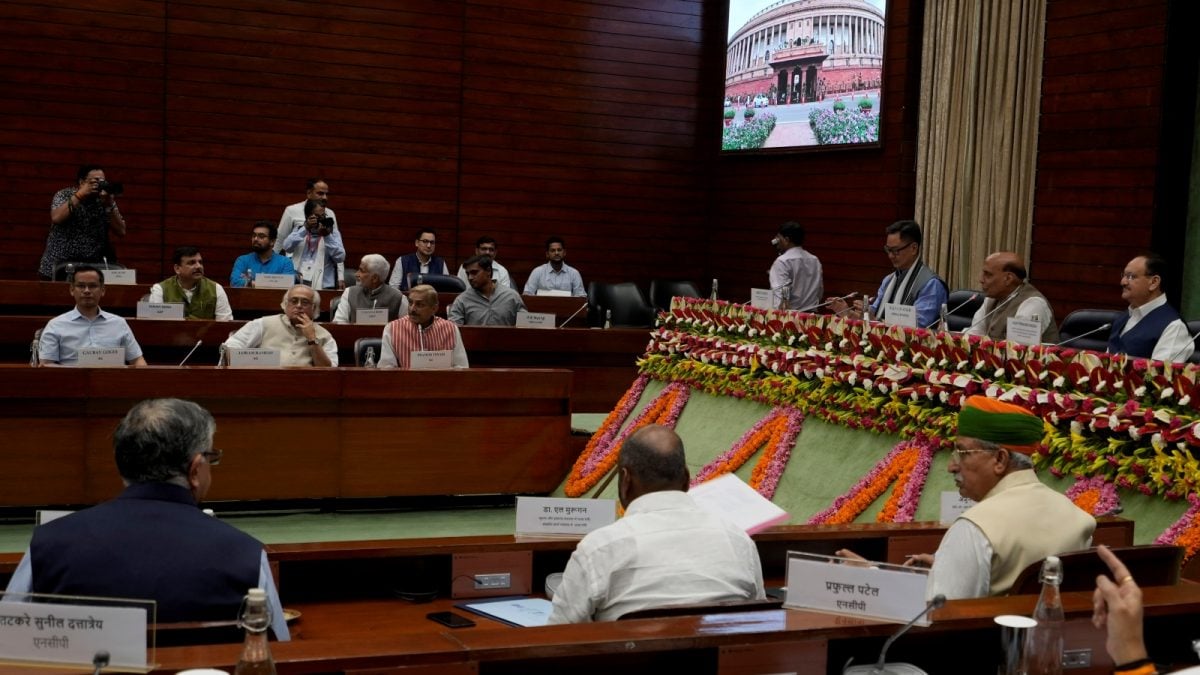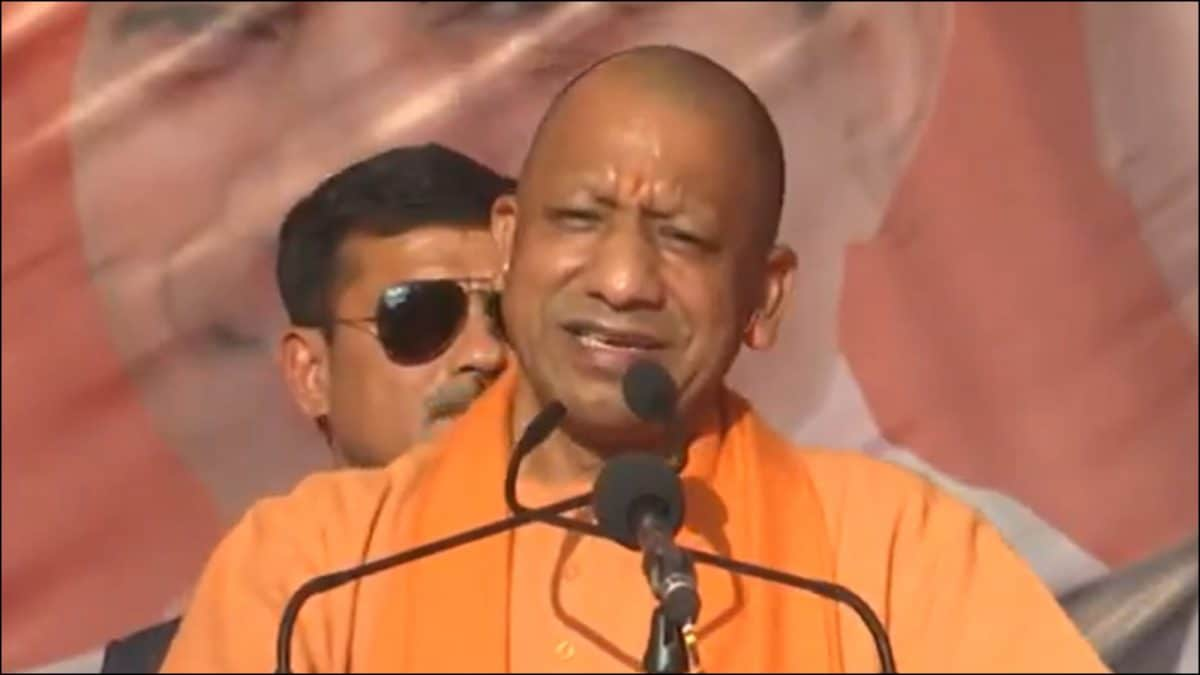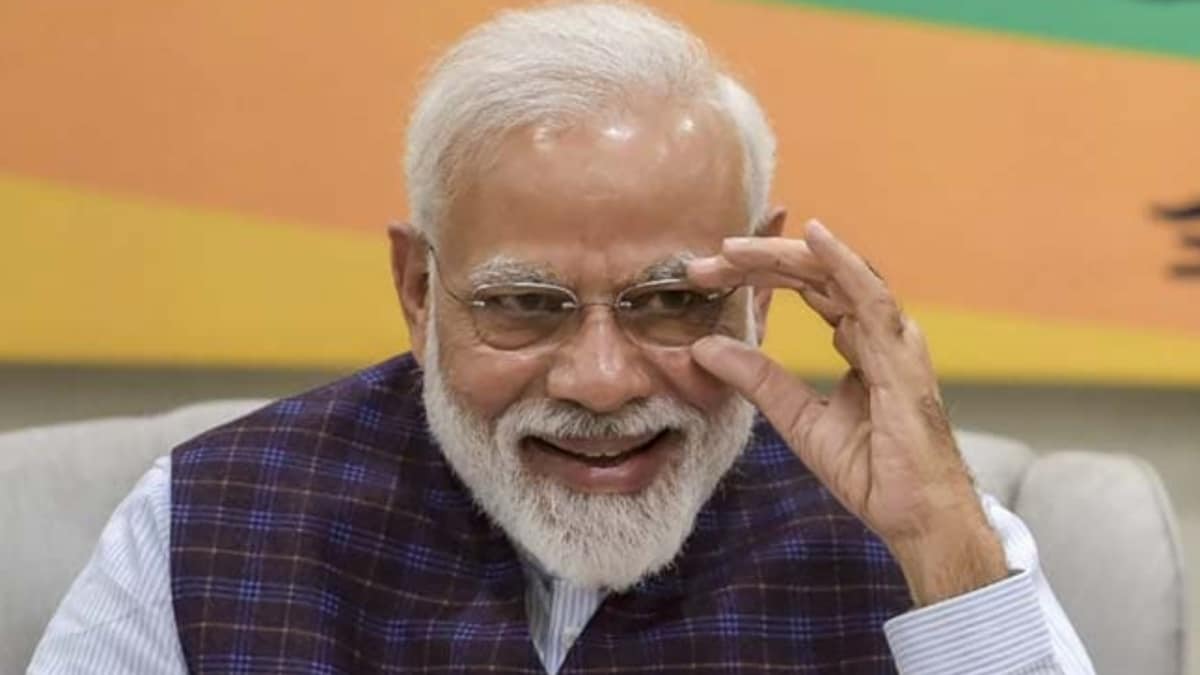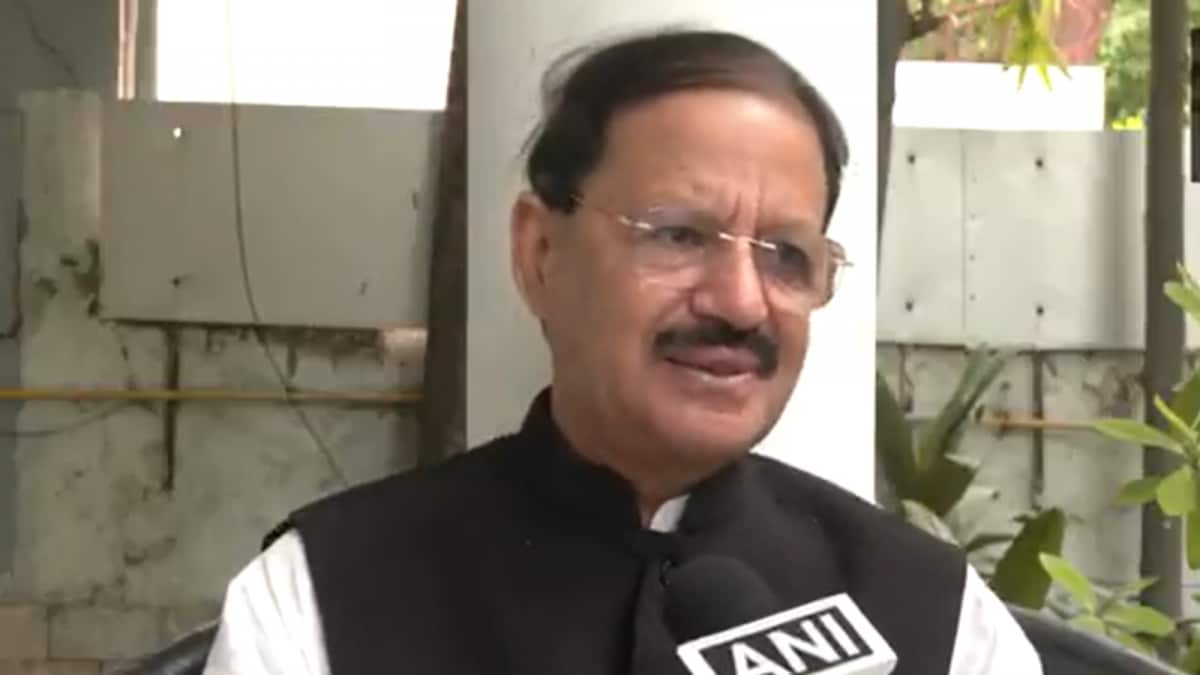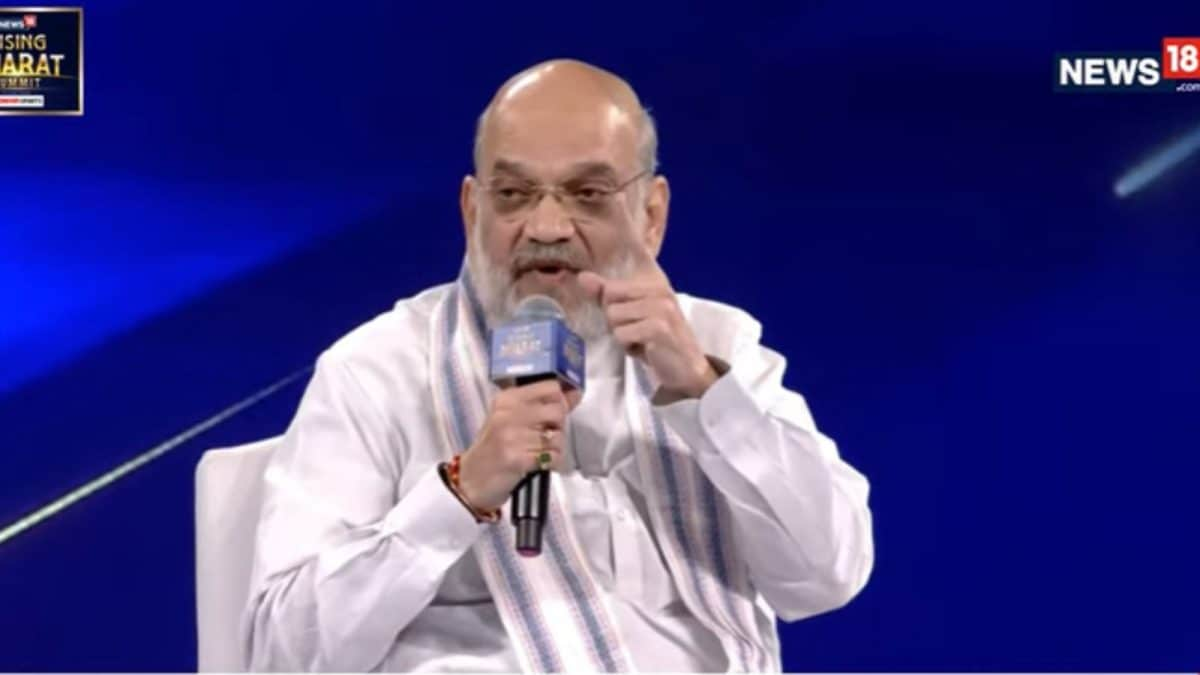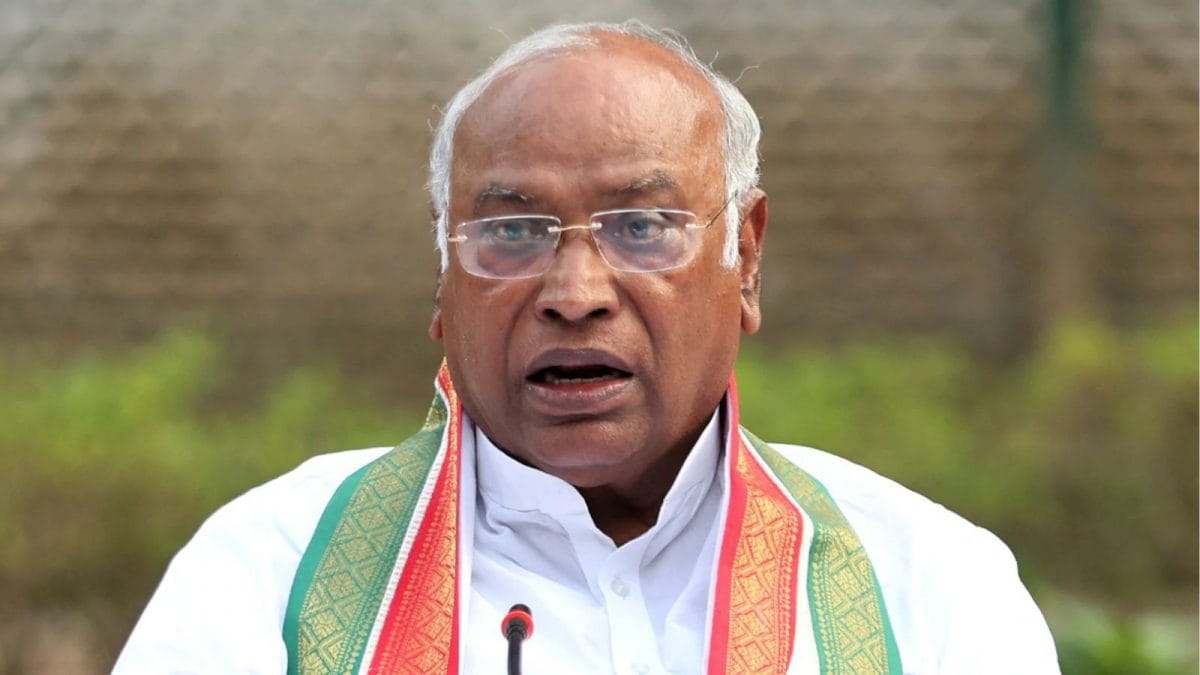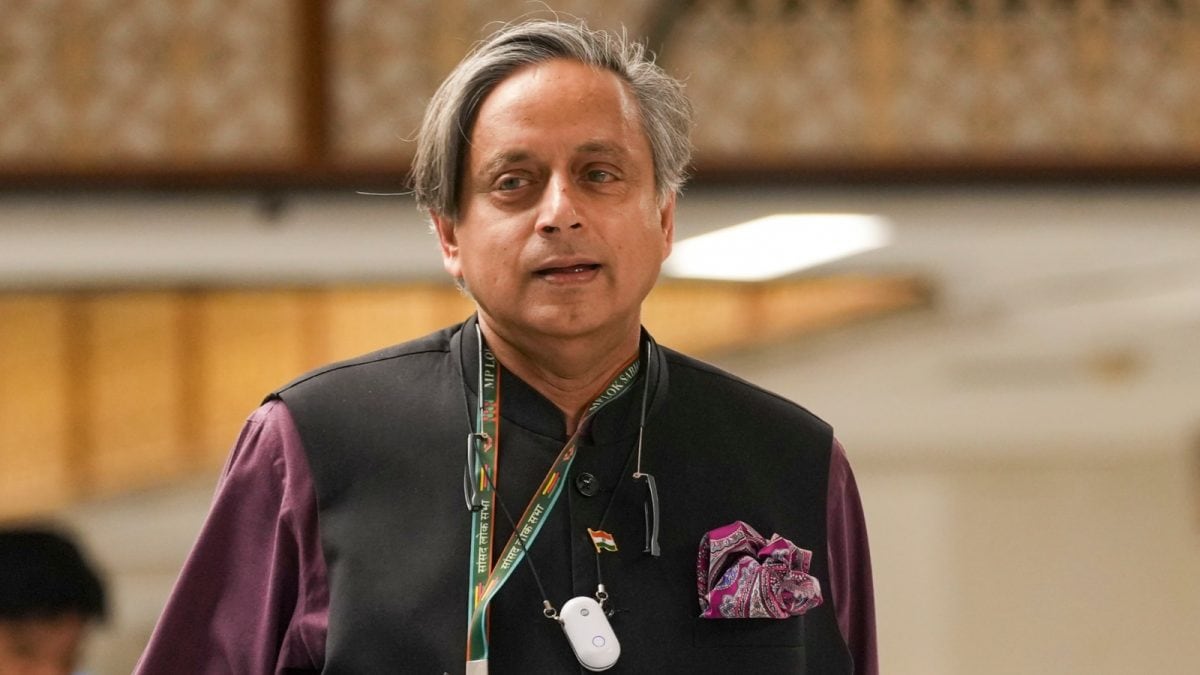Last Updated:April 02, 2025, 08:52 IST
The fact that the Bills will be surely passed despite BJP not having a majority on its own in Parliament is a testament to the fact that the NDA is a much more united lot compared to the opposition bloc, a senior BJP leader said

Minority affairs minister Kiren Rijiju was immediately put on the job and his ministry analysed the international practices on Waqf management. (PTI)
Amending the Waqf Act of 1995 and repealing the Mussalman Wakf Act of 1923 is part of the ideological agenda of the BJP, much like the abrogation of Article 370 in J&K and construction of the Ram Temple in Ayodhya.
In fact, this has been the biggest move under Modi 3.0 yet, with the government moving fast on tackling Waqf legislations as soon as it came to power on June 9 last year.
Minority affairs minister Kiren Rijiju was immediately put on the job and his ministry analysed the international practices on Waqf management in countries such as Kingdom of Saudi Arabia, Egypt, Kuwait, Oman, Pakistan, Bangladesh, and Turkey.
Within exactly two months, after working closely with the law ministry and literally burning the mid-night oil, the Bills to amend the Waqf Act and repeal the Mussalman Wakf Act were brought to Parliament on August 8, 2024.
The Bills then went through a Joint Parliamentary Committee (JPC) process for the next five months as part of a calculated move. “BJP wanted JPC to address any concerns of its allies who have Muslim vote-banks, like the JDU, TDP, LJP (Ram Vilas) and RLD," a BJP source said.
Amidst this, last November, after the big win in Maharashtra, Prime Minister Narendra Modi made his party’s intentions amply clear when he said: “Waqf is an act of appeasement politics by the Congress, and it has no place in the Constitution."
The JPC report was submitted this January. The twin Bills were slated for the last week of the Budget Session of Parliament after budget-related legislations were passed.
The government wants to pass both Bills by April 4 and showcase it as a big achievement of the first year of the Modi 3.0 government.
The Mussalman Wakf Act, 1923, a colonial-era legislation that has become outdated and inadequate for managing Waqf properties in modern India. The Waqf Act, 1954, was amended in 1995 and was made even more favourable to Muslims, virtually an overriding law. “Congress amended the 1995 Waqf Act in 2013 but made no effort to address Waqf’s drawbacks," a top source claimed.
The fact that the Bills will be surely passed despite BJP not having a majority on its own in Parliament is a testament to the fact that the NDA is a much more united lot compared to the opposition bloc, a senior BJP leader told CNN-News18.
Work Began in Modi 2.0
The Modi government in its second term had begun its homework on the Waqf Amendment Act by conducting two meetings with stakeholders in Lucknow on July 24, 2023, and another in New Delhi on July 20, 2023.
But the real speed behind the new acts was found in the third term of Narendra Modi, post the swearing-in in June.
Location : First Published:April 02, 2025, 08:50 IST
News india How Modi Govt 3.0 Burnt Midnight Oil On Waqf Bill, Why It's An Ideological Project Like 370 Abrogation | Inside Story

 1 month ago
1 month ago


